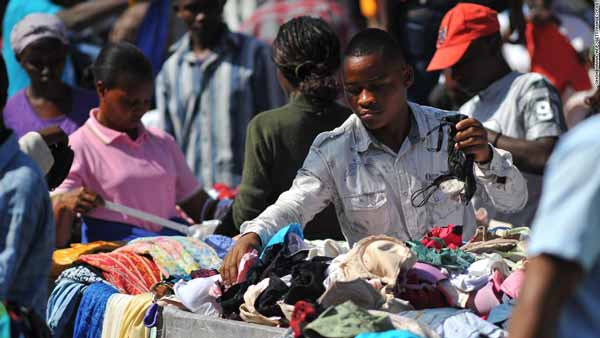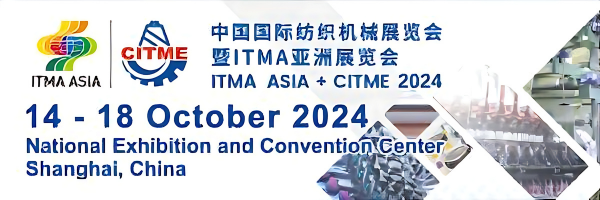The local textile industry in Kenya is pushing the government to make the temporary ban on second-hand clothes permanent in order to revive the collapsing domestic apparel sector.
The Kenya Bureau of Standards (KEBS) imposed the ban in March as a precautionary measure to prevent the spread of the coronavirus. However, Betty Maina Cabinet Secretary in the Ministry of Industry, Trade and Co-operatives said the ban was temporary and would be lifted when the pandemic was over.
The Leather Apex Society of Kenya (LASK) is among organisations that want the government to permanently lock out the cheap clothes imports and say the country has an opportunity to re-awaken the local sector.
“It is important for Kenya to induce demand for locally-finished products by keeping the ban on second-hand imports,” said the lobby group.
After several failed attempts occasioned by threats of retaliation by the US — a major source country — the government is now considering a prolonged ban.
“We are still monitoring the health situation and will make appropriate decisions,” Ms Maina told The EastAfrican.
Kenya imports second-hand clothes and shoes from the US, UK and China, all of which have witnessed some of the biggest numbers of Covid-19 infections.
The US lobby group Secondary Materials and Recycled Textiles Association (Smart) protested Kenya’s ban, noting that all available research on Covid-19 shows it does not spread through second-hand clothes and shoes.
“There is no supporting evidence that Covid-19 can be transmitted through second-hand textiles. We believe Kenya’s recent ban is a disingenuous attempt to stop second-hand clothing trade masquerading as a measure to protect its citizens,” said Jackie King, Smart executive director in late April.
In 2015, East Africa Community member countries resolved to ban mitumba imports by 2019 to spur the growth of the local leather and textile industry, but only Rwanda effected the ban two years ago, even after the US threatened to impose trade penalties in retaliation.
Kenya backed off from the plan after the US threatened to bar the country from accessing its market under the African Growth and Opportunity Act (Agoa), something that Kenya could not afford considering its one of the major beneficiaries of the treaty.
In pushing for a permanent ban, Kenya industries say increased demand for locally-produced garments and shoes will force domestic industries to increase their production capacity and reduce prices, making them affordable to a majority of Kenyans.
“Local industries have sufficient capacity to supply the market with affordable products in an environment that offers economies of scale,” said Beatrice Mwasi, LASK secretary-general.
Kenya, Ghana, Tanzania, Benin and Uganda are among the world’s biggest markets for second-hand clothes.
By Njiraini Muchira / The East African (Nairobi)
Join Us Now
Join 80.000 Middle East and North Africa Textile Professionals who get Kohan Textile Journal’s FREE Newsletter…


















